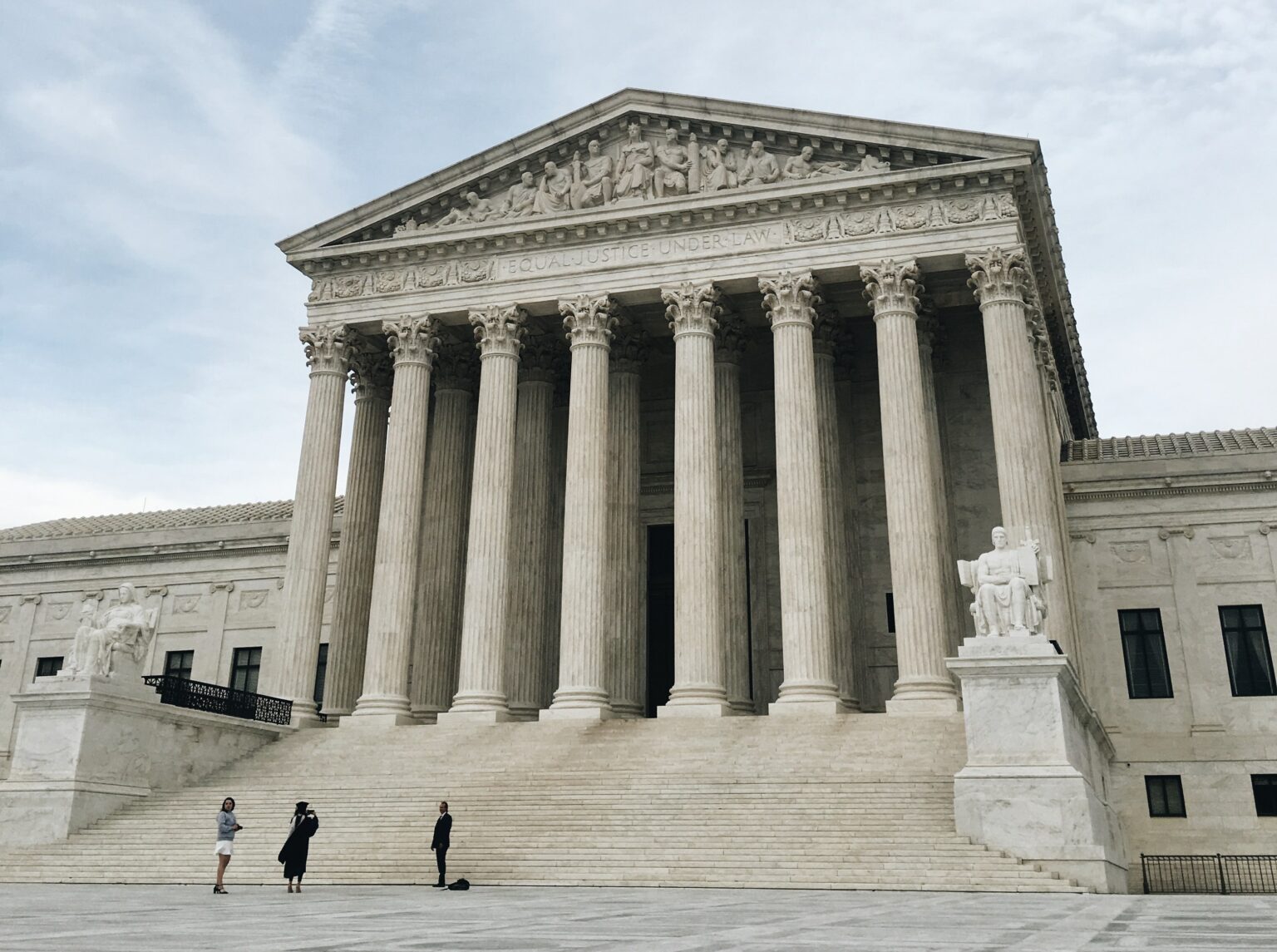On Wednesday the Supreme Court takes up the case of a deaf student who is suing his school district for allegedly failing to provide him with a qualified sign language interpreter.
Perez v Sturgis Public Schools involves two laws, the Americans with Disabilities Act (ADA) and the Individuals with Disabilities Education Act (IDEA). The latter guarantees children with disabilities a free public education that is tailored to their specific needs.
Lawyers for Miguel Luna Perez, a deaf student who attended public school in Sturgis, Michigan, said that for more than a decade the school system failed to provide him with a qualified sign language interpreter and misled his parents into falsely believing he was on track to earn his high school diploma. Then, just before graduation, his family was told he only qualified for a “certificate of completion”–not a diploma.
Perez’s family and the school district ultimately settled. The school district agreed to pay for extra schooling and sign language instruction for Perez and his family, among other things. The family then went to federal court and sought monetary damages under the ADA, which aren’t available under the IDEA.
Lower courts, however, said that to sue under the ADA Perez should not have agreed to the initial settlement.
Perez’s lawyers argue it’s more complicated than that. Congress has inserted a provision in the IDEA which requires families to complete the administrative procedure process for their educational claims under the special education law before suing under other federal laws such as the ADA.
Roman Martinez, a Washington attorney who will argue Luna Perez’s case before the Court, said in an interview, that provision turns “upside down” the argument that the family should not have settled under IDEA if it wants to sue under ADA.
“The statute clearly wants to get kids like Miguel educational relief as quickly as possible,” he continued. “That means that when the school district offers you everything you want under the statute, you should be allowed to say yes, without giving up other claims under other statutes.”
Former federal education officials have also told the Court that those lower court decisions are wrong. They say that upholding them would hurt children with disabilities by forcing them to choose between immediately getting issues resolved but forfeiting other claims and delaying to try to get fuller relief.
The Biden Administration is urging the Court to side with Perez.
A national school board association and an association of school superintendents, however, are among those who believe lower courts were right. They say ruling otherwise would weaken the IDEA’s collaborative process to resolve issues and lead to more lengthy and expensive court proceedings.


